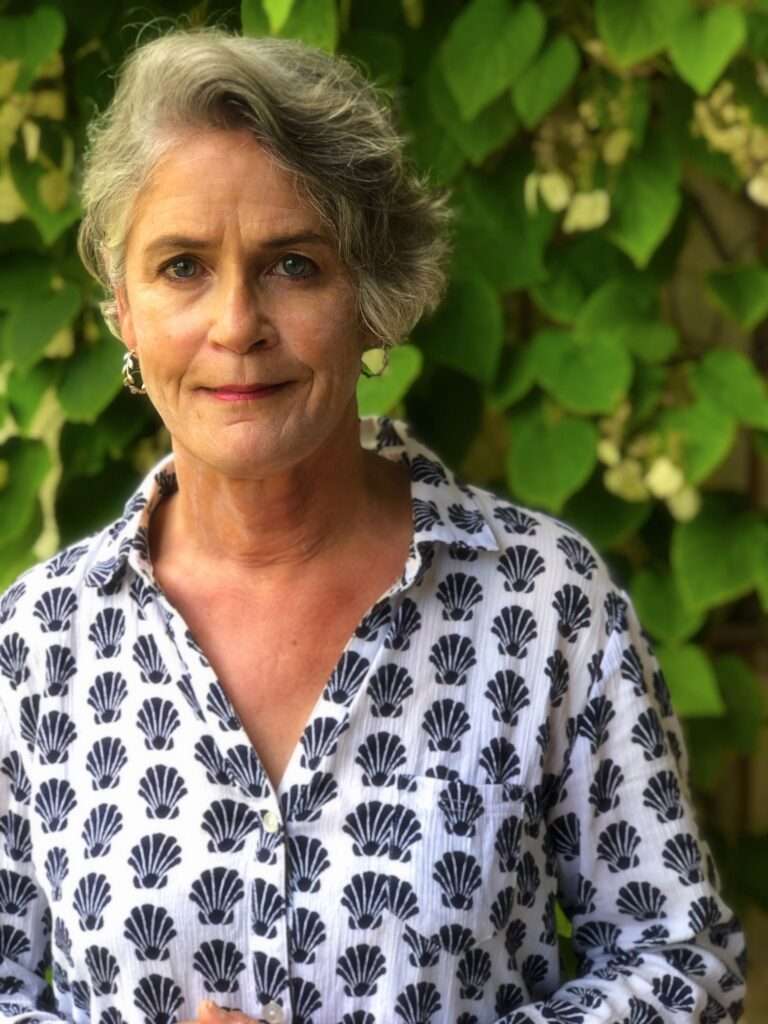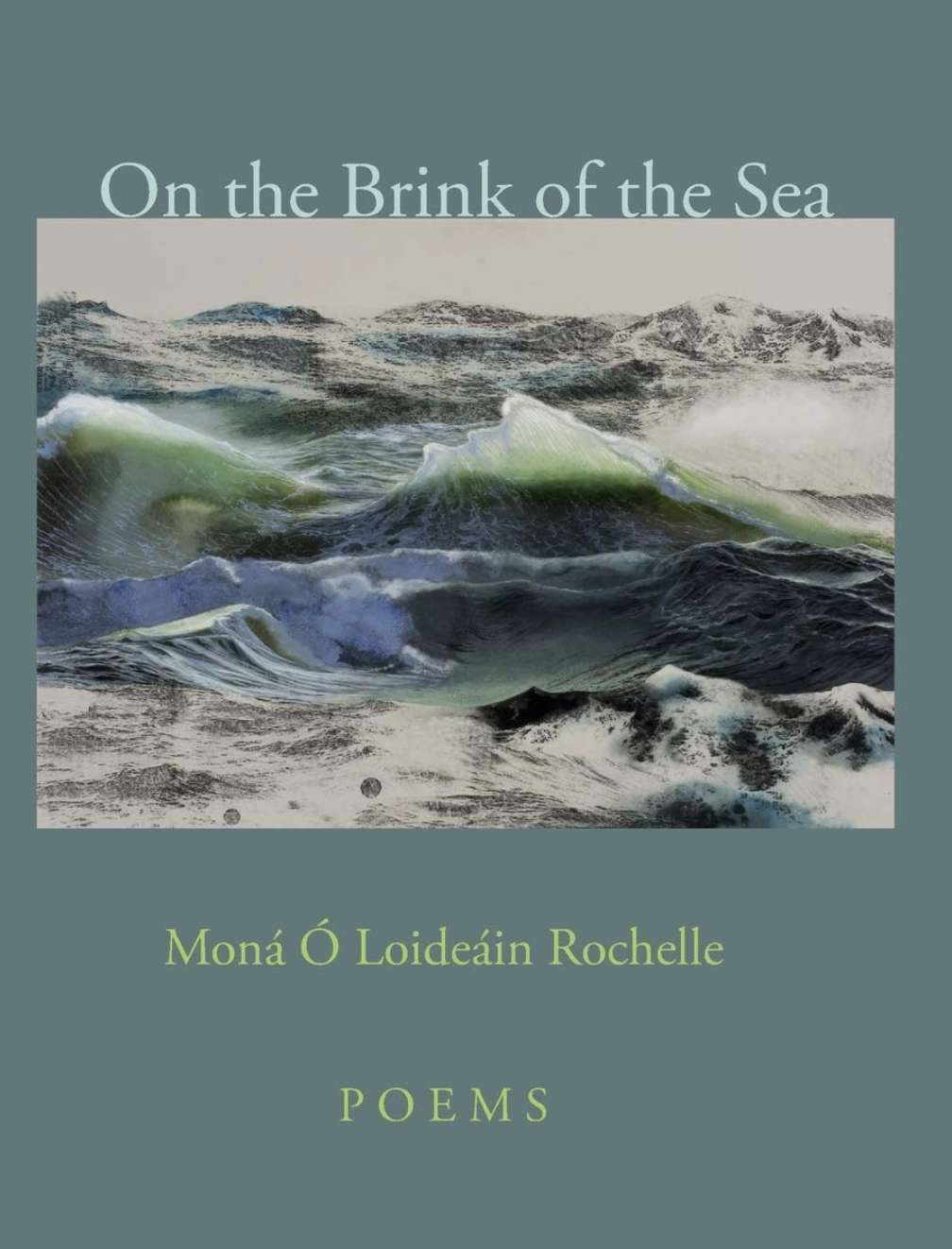
This week on Talk Learn Connect, writer Yvonne Reddin asked Poet, Author and Professor in Epidemiology Mona Lydon–Rochelle to share some TLC (Talk Learn Connect)
![]()
Could you give a summary of your career to date and what you are passionate about in your profession?
I hold a BS from the University of New Mexico, MS from Case Western Reserve University, and MPH and PhD from the University of Washington. My academic career spanned nearly 30 years, in which I researched maternal and child health, with a specific focus on the prevention and outcomes of Caesarean Section. During those years I served as a consultant to the World Health Organization (WHO), National Institute of Health, and the Center for Disease Control and Prevention on both national and international research projects.
However, my mission with Médecins Sans Frontières(MSF), investigating the epidemic of multi-drug resistant tuberculosis in Abkhazian and Georgia was the most rewarding by far.
Notably, I finished my epidemiology tenure at the National Perinatal Epidemiology Centre in Cork, which I loved. I am passionate about motherhood and assuring the health of newborns.
Do you have another connection to Ireland other than as a Professor in epidemiology and high-risk obstetrics at University College Cork?
I grew up in the small coastal town of Scituate, Massachusetts—coined the Irish Riviera because almost everyone was an Irish émigré or first-generation offspring. As children we were steeped in Irish songs, fairy tales, food and superstitions. We still have family in Cork and while at UCC, they were a tremendous support. It is more than sentimentality, I am proud of my Irish ancestry, family name and the remarkable poetic and Christian traditions. Notably, when missioned by Médecins Sans Frontières(MSF) out of the New York City office, MSF requested that I obtain Irish Citizenship (which I did) because placement of Irish Citizens in volatile countries was more straightforward than placing Americans!

You are also a poet. This seems like a diverse career change or did it feel like a more natural path to progress to? Tell us what you like to write about in your poems.
Transitioning from epidemiology to poetry was somewhat seamless—the rigours of research, the discipline of scientific writing (publish or perish) and the ability to accept rejection—all are required in being a good poet. I owe a special debt to Paul FittererSJ, a Pacific Northwest Jesuit, who encouraged me to write poetry despite the seeming insanity of giving up tenure and a great salary!
Also, I believe I was born with a natural inclination toward the poetic-my father, James Kelleher Lydon, who passed when I was only one year old was a solicitor and poet. I read his tattered poems repeatedly.
“Because of COVID, performances and readings have all been cancelled but interviews such as yours and Jeremy Murphy’s have promoted book sales thankfully”
